Running is like F1 for your feet
A few years ago, I did a lot of running. I’d wake up early in the week and head out for an hour or so, then go even further on weekends. Part of my reason for running was the therapeutic element - it was the only time I’d be alone with no screens, headphones, or other distractions. Another factor was that I was (and am) a data junkie, and tracking my pace and distance through an app and pushing myself to go further was a minor obsession.
At my peak I made it to half marathon distances, and my long weekend runs would be jaunts from my suburb into the middle of the city and back. I remember remarking to a friend at the time that running “felt like Formula 1 for my feet”. He laughed it off, focusing on the absurdity of the statement rather than the logic behind it. As time went on, the cold months drew in, and I got busier with work, my running dropped off.
Six years later, COVID-19 happened. I went from dragging a heavy bag around the city, jumping between offices and trains and bars, to sitting in my desk chair pretty much all day every day. To get at least some exercise, I returned to regular running over short distances, and when my enthusiasm began to wane in 2021, I signed up to provide some motivation. Back out on the pavements, it wasn’t long until the analogy came to mind once again.
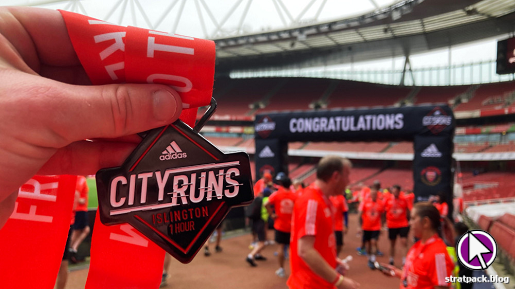
Some people don’t appreciate the strategic element of Formula 1 (and therefore definitely wouldn’t like Motorsport Manager). Behind all the rivalries, battles, and crashes is a subtle game of chess. The name of this game is pace management - drivers and teams must carefully control how hard they’re pushing at any time to prolong the life of their tyres and ensure they have enough fuel to finish. Raw pace alone might grab pole position in qualifying, but it won’t win (or perhaps even finish) the race.
The parallels with running are numerous. My legs take a while to warm up. I only have a finite amount of energy to expend. And if my route features an uphill section then I better not push too hard in the flat areas. When I leave my flat for any particular run I need to keep all this in mind, along with the length of the run itself. If I’m heading out for a midweek 5km run I know I can push hard throughout, but on a weekend 10km run I need to hold myself back and conserve energy to run further at a slower pace.
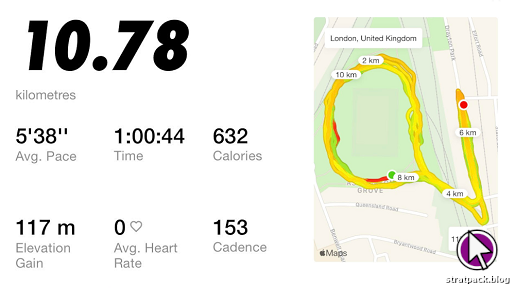
This is twice as challenging at an organised event. Running in a pack, there’s an automatic tendency to push to keep up with others who are either faster or aren’t pacing themselves properly. If you don’t maintain your own pace and monitor your interval times, you’ll exhaust yourself before the end. Even if it feels like you’re losing out, the other runners are on different strategies. As an F1 engineer would say over the radio: “We’re not racing them.”
But even when it’s a just nice jog around the neighbourhood as the sun rises, your typical running app offers a wealth of stats for geeks like us. Comparing interval times from around your route, elevation, average pace, and so on is a fascinating bonus on top of the exercise itself and can provide great feedback to help on future runs. That said, don’t let it put you off - running can be as complex as you want to make it, but getting started is as easy as throwing on a pair of trainers and getting outdoors.
Got something to say? Join the conversation
 Travel and Leisure
Travel and Leisure
 Travel and Leisure
Travel and Leisure
 Gaming
Gaming
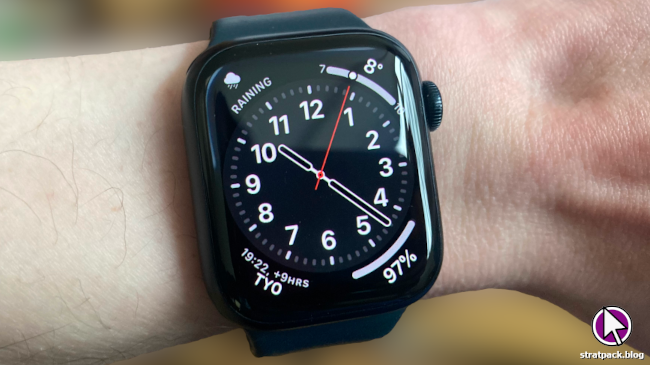 Tech
Tech
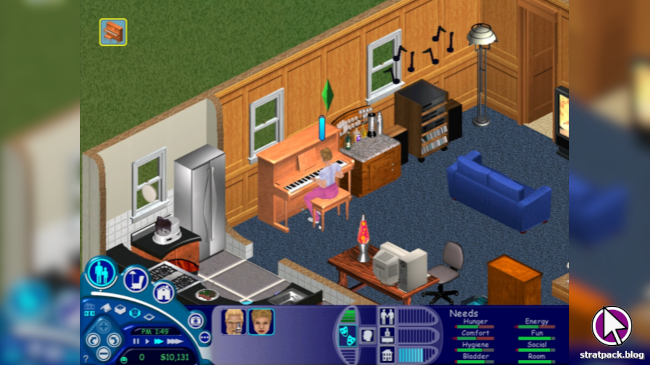 Gaming
Gaming
 Gaming
Gaming
 Misc
Misc
 Travel and Leisure
Travel and Leisure
 Books
Books
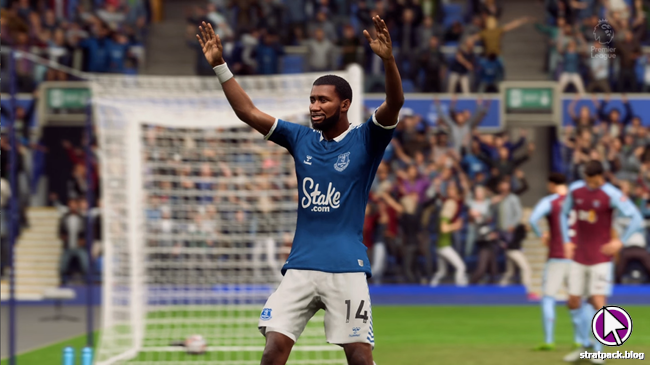 Gaming
Gaming

